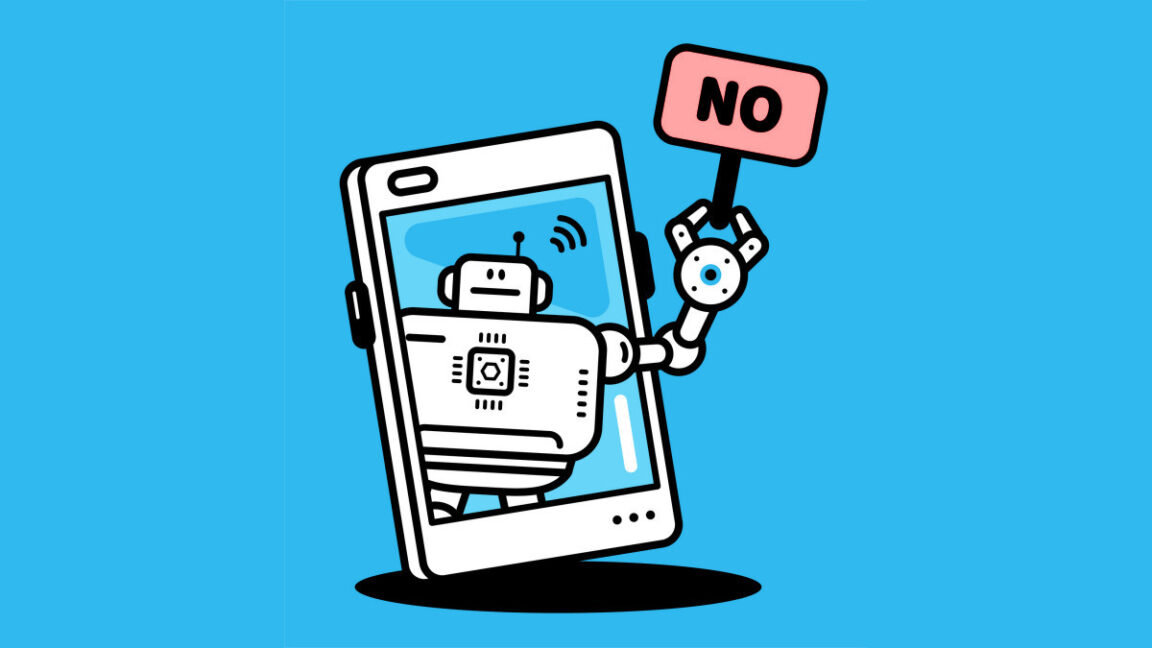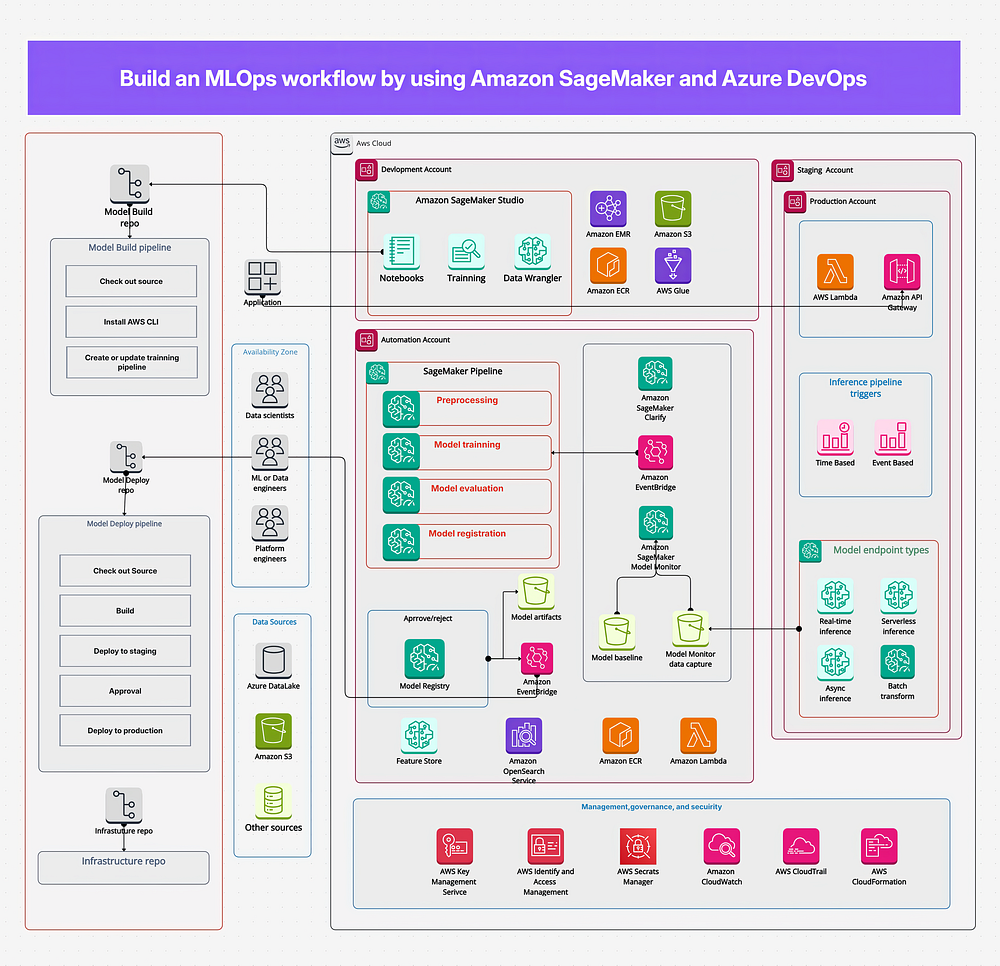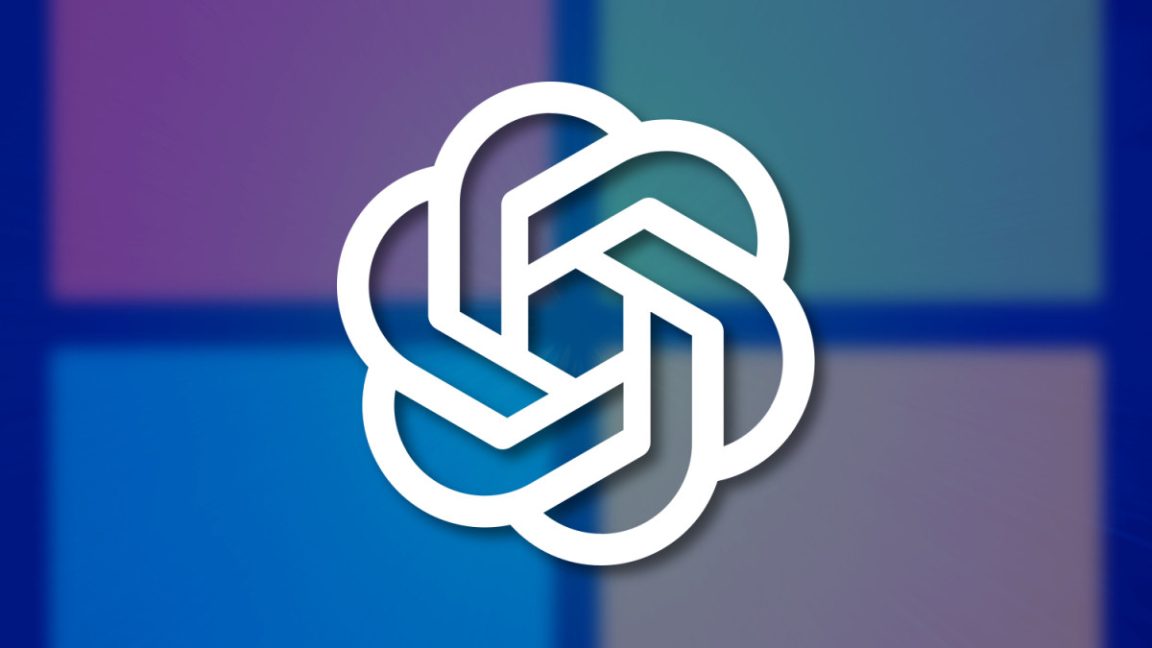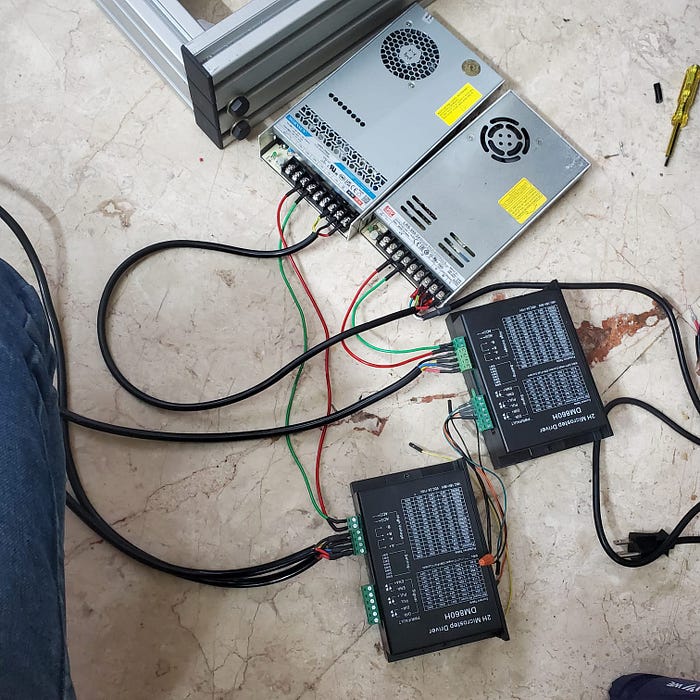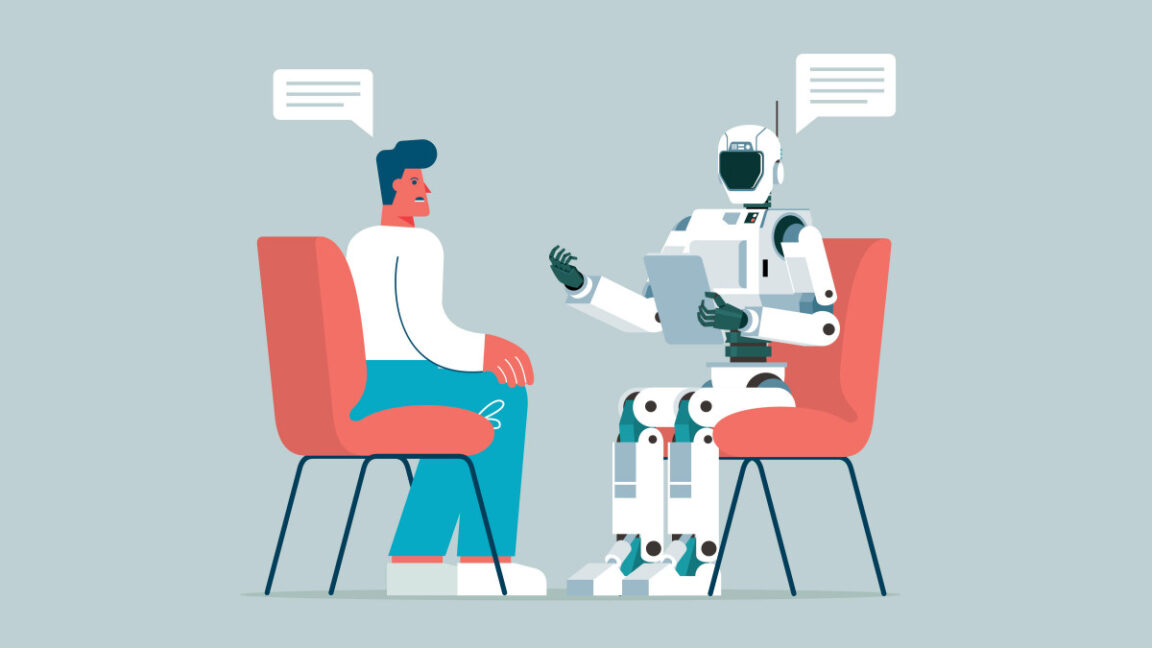The Hidden Cost of Using AI at Work
Using AI may boost your productivity while secretly tanking your professional reputation. New research reveals a troubling disconnect between AI’s benefits and how others perceive AI users, creating a workplace catch-22 no one prepared us for.
The Dilemma
Imagine standing at a workplace crossroads. One path offers a powerful tool that could dramatically boost your productivity. The other preserves your professional image as competent and hardworking. Surprisingly, you can’t have both. This is the dilemma uncovered by a groundbreaking study published in PNAS by researchers from Duke University.
The Study
Through four experiments with over 4,400 participants, researchers revealed a social penalty for AI use: Individuals who use AI tools face negative judgments about their competence and motivation from others.
These judgments manifest as both anticipated and actual social penalties, creating a paradox where productivity-enhancing AI tools can simultaneously improve performance and damage one’s professional reputation.
The Researchers
The study’s lead author, Jessica A. Reif, along with her colleagues Richard P. Larrick and Jack B. Soll, documented this surprising disconnect between AI’s practical benefits and its social costs.
Their findings expose a psychological barrier to AI adoption that has significant implications for workplaces rapidly integrating these technologies.
The Implications
The research began by investigating how people perceive those who use AI tools. The results show that AI users are often viewed as less competent and less motivated than those who do not use AI.
Conclusion
In conclusion, the use of AI at work can have a hidden cost. While AI can boost productivity, it can also damage one’s professional reputation. This paradox creates a dilemma for workers who want to use AI to improve their performance but are afraid of being judged negatively by their colleagues.
FAQs
Q: What is the main finding of the study?
A: The study found that individuals who use AI tools face negative judgments about their competence and motivation from others.
Q: Why is this a problem?
A: This is a problem because it creates a paradox where productivity-enhancing AI tools can simultaneously improve performance and damage one’s professional reputation.
Q: What are the implications of this study?
A: The study has significant implications for workplaces rapidly integrating AI technologies, as it exposes a psychological barrier to AI adoption.



